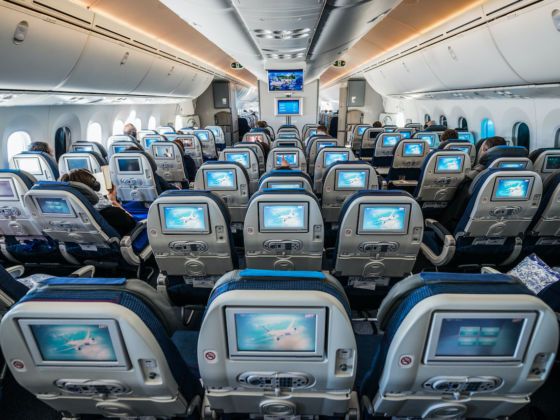As airlines eagerly plan to resume business, the industry is gearing up to implement new safety regulations both at the airport and on board. In a recent report from Southwest Airlines, CEO Gary Kelly announced that the carrier will be decreasing seat sales to allow for greater in-flight social distancing. Last week, JetBlue announced that all passengers must now wear face protection on board. The European low-cost carrier WizzAir is following suit, by implementing strict cleaning procedures as it partially resumes service to London, Paris, Rome, and Barcelona.
While airlines may implement various rules, the key feature that they all share is the use of the HEPA filter, an air-filtration system that kills around 99.97 percent of airborne viruses. But what exactly is the HEPA filter and can it really guarantee that airline passengers will breathe clean, virus- or bacteria-free air?
